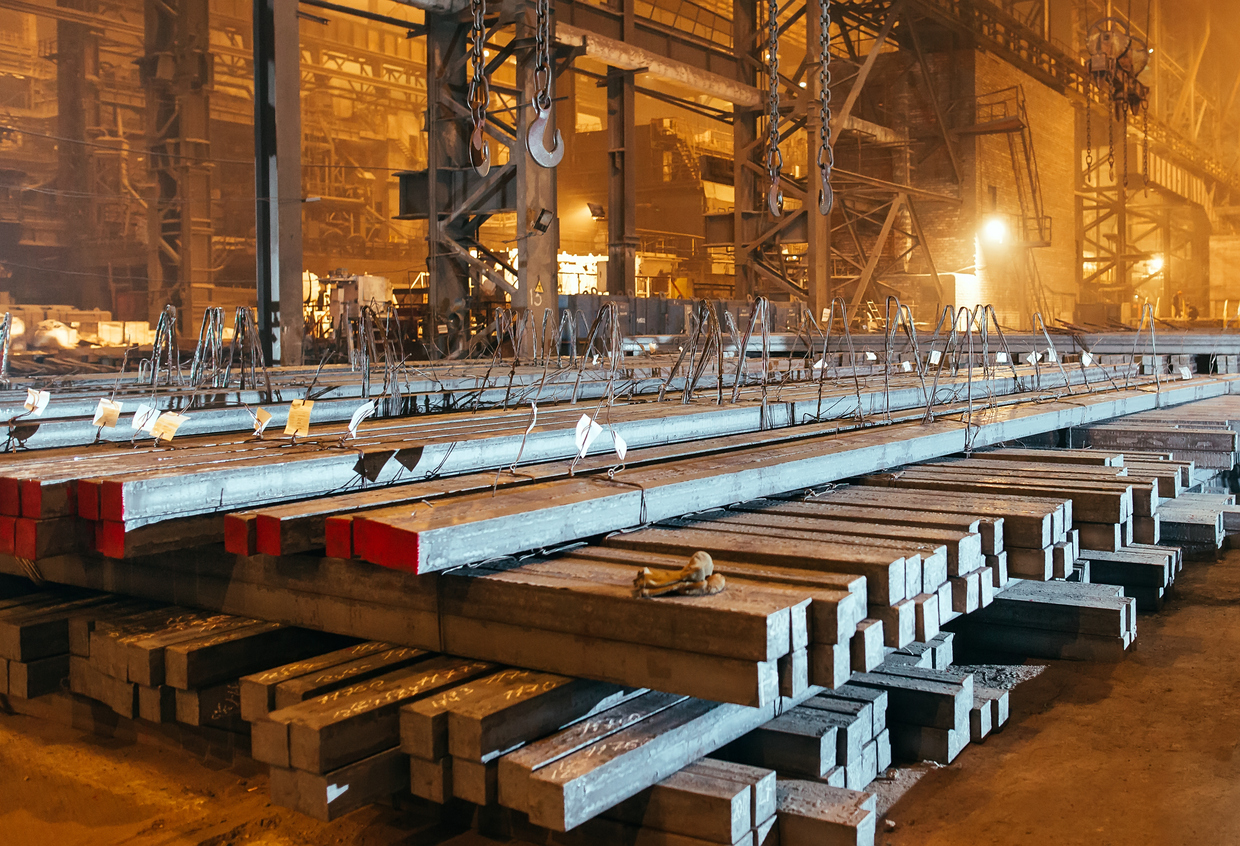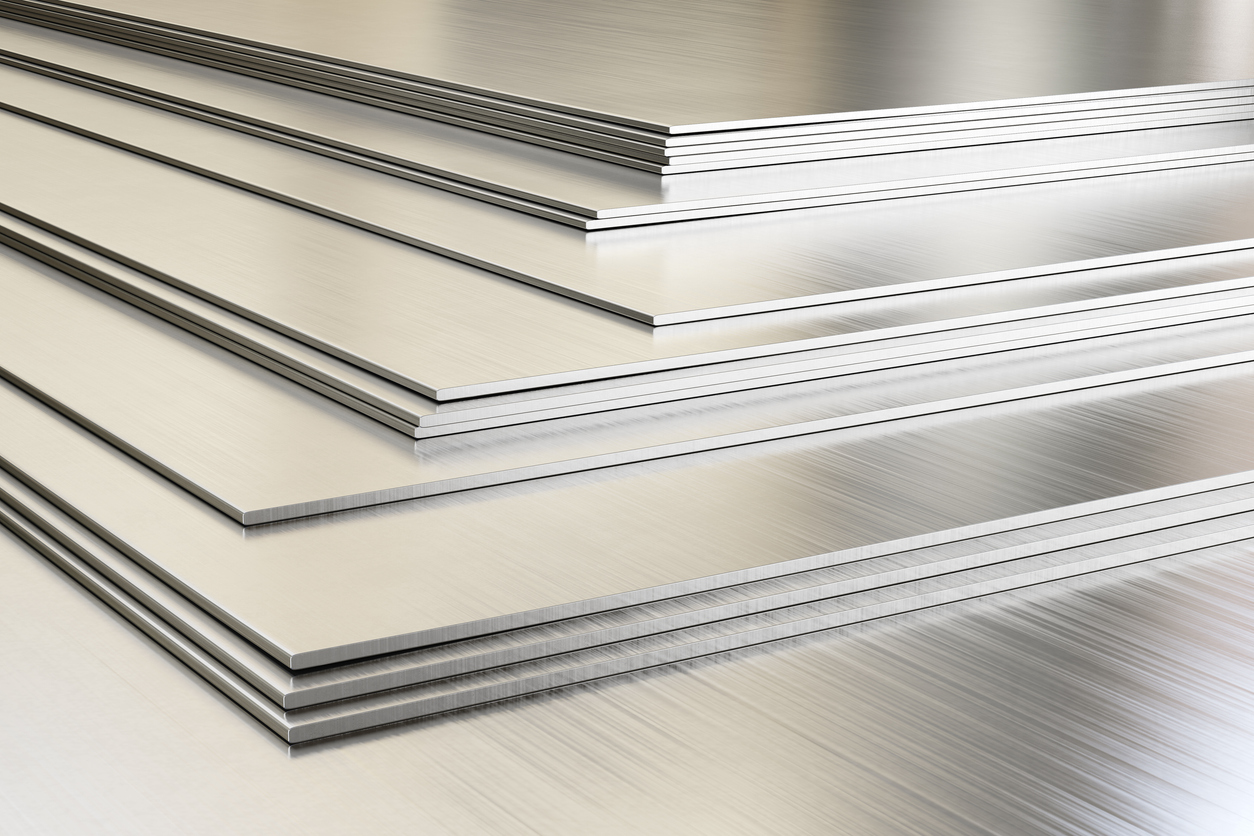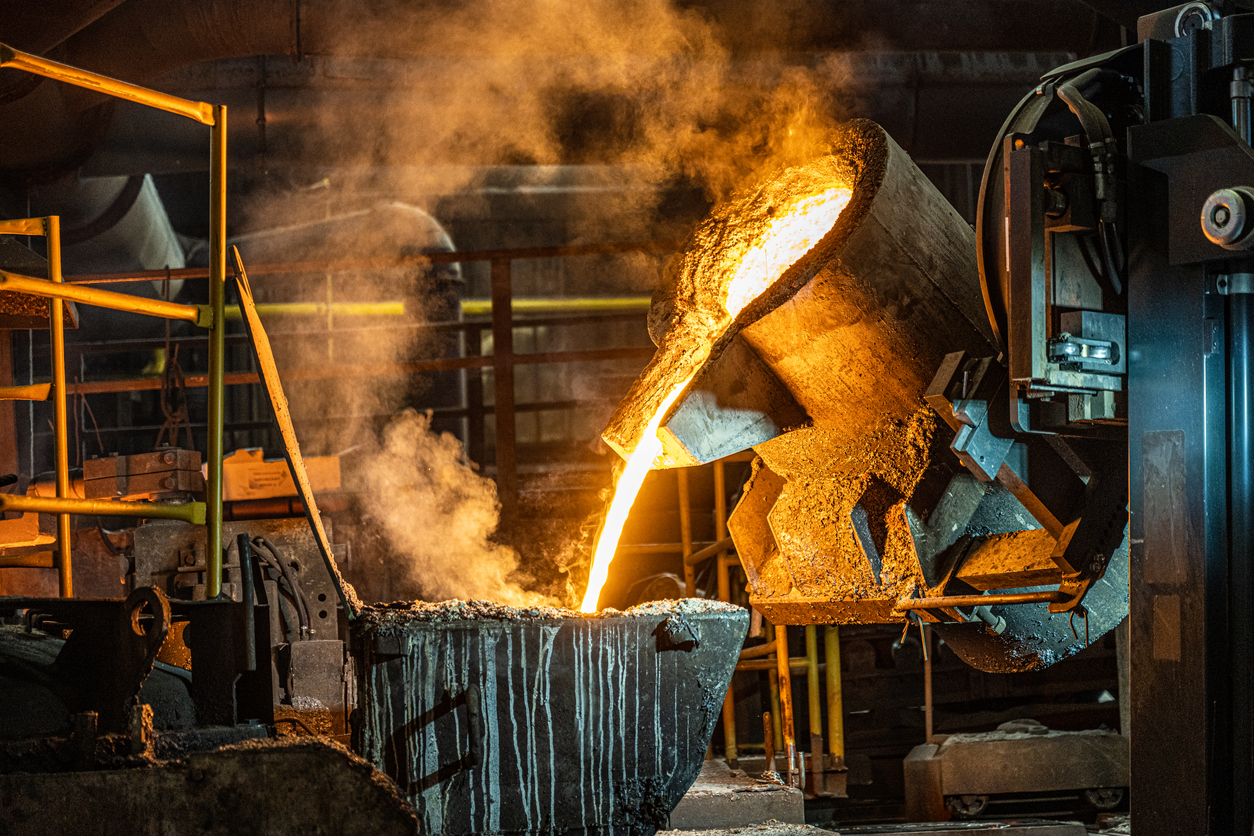
The second extension of the steel safeguard measure, expected in June 2024, is pretty much a done deal. “We have no doubt that this measure will be prolonged until 30 June 2026,” says EURANIMI. “The 2024 investigation is a carbon copy of the 2021 proceedings. Even so, we remain steadfast in our conviction that its legal validity is based on shaky grounds and are determined to demonstrate this.”
Extensive Protestations
Provisionally introduced in July 2018 and implemented definitively on 31 January 2019, the three-year measure was designed to protect the EU industry. However, the post-pandemic economic upswing meant that the safeguard measure unintentionally negatively impacted the European supply chain instead. Unsurprisingly, its first proposed extension in February 2021 was met by protests from importers and the downstream industry from around the Union.
In fact, the measure ended up injuring EU downstream manufacturing to such an extent that in September 2021, EURANIMI and its members requested the annulment of its prolongation before the General Court of the European Union. It would take until March 2023 before our association was heard in Luxembourg.
The General Court’s judgement of 4 October 2023 confirmed EURANIMI’s legal standing and the admissibility of our association’s claim. However, the General Court dismissed our application to annul the safeguard measure on the merits of the case. As we feel several of our arguments were not properly considered, we are appealing this judgement before the Court of Justice of the European Union.
Here’s why:
Carbon Copy “Investigation”
This year’s extension investigation follows the 2021 blueprint to the letter:
| 2021 | 2024 |
|
|
|
|
|
|
|
The fact that the EC is relying on an identical scenario as in 2021 to consider extending the safeguard measure, foreshadows the outcome: namely a further two-year extension of the measure. Incidentally, this is the maximum legal period a safeguard measure may be extended to under WTO rules (07/2018 => 06/2026 = maximum of 8 years).
Despite – or precisely because of – the many parallels that can be drawn between the 2021 and 2024 investigations, we believe the EC must be properly reminded that it needs to consider the EU downstream perspective during their investigations.
Mock Investigation
The question of a possible prolongation of the safeguard measure deserved much better than this repetition of a sham “investigation”, carried out at breakneck speed and under the political pressure exerted by 14 EU-Member States hypnotized by certain industrial lobbies.
How can we hope that an impartial and objective result is reached in just a few weeks’ time when no fewer than 26 very different steel products are concerned? Time constraints muzzle interested parties to such an extent that they are once again practically denied the opportunity to be heard by the EC’s Investigating Team.
For example, in our world of stainless steel, the European Commission has already implemented so many import restrictions affecting product group 9 (Stainless Cold Rolled Sheets and Strips) that the safeguard measure has become an empty shell. The import duties imposed on imports of cold rolled stainless flats from leading producing countries (China, Taiwan, India, Indonesia and de facto Turkey, and Vietnam) have become so prohibitive that their import is barely commercially viable for EU importers and downstream manufacturers.
Russian Roulette
To avoid payment of the 25% safeguard duty, importers often store products whose quotas are (almost) exhausted in bonded warehouses until the end of the quarter. This creates a rush during the very first hours of each new quarter with importers scrambling to stay inside the quota. However, with so many importers calling up their stock simultaneously, it’s entirely possible that the new quota is instantly exhausted.
This essentially amounts to a game of “Russian Roulette”. Importers with products of which the quota was exceeded on the first day now find their imports taxed at anything between 0% and 25%. And as the products have been cleared by customs, they can neither withdraw the quantities or appeal against the rate applied.
By extending the safeguard measure for another two years, we can expect another period of uncertainty due to “quota rushes” between 1 July 2024 and 30 June 2026.
Legal Action
As an association, we’re taking every possible legal avenue to invalidate the Commission’s decision to extend the safeguard measure beyond 30 June 2021, and even more so beyond 30 June 2024. We are vehemently opposed to the arbitrary rates of imposition – and their ruinous unpredictable consequences – that affect importers at the opening of each quarterly quota in those product groups where the quota is regularly exhausted.
Vested Interest
In the meantime, the positive point that we can draw from the extension of the safeguard measure is that in its verdict of 4 October 2023, the European Court of Justice recognised EURANIMI’s legal standing before a EU-Court and confirmed the association has a vested interest in administrative investigations regarding trade defence measures.
EURANIMI is the only European association that represents the business interests of mill-independent service centres, distributing stockholders, traders, and downstream processors importing stainless steel and/or aluminium.
And while we might not be able to halt the freight train that is the EC’s “extension investigation” we are committed to defending the views of independent importers in Brussels. With our appeal on 14 December 2023 of the judgement of the General Court of the EU before the Court of Justice of the EU, we are looking to cement recognition of our vested interests, ensuring the independent importer/downstream producer voice is consulted and heard in any future investigations.
You can help us safeguard European competitiveness by adding the weight of your voice to our membership today!
Related Articles
Case Documents
Please log in as a member to consult all related case documents.



